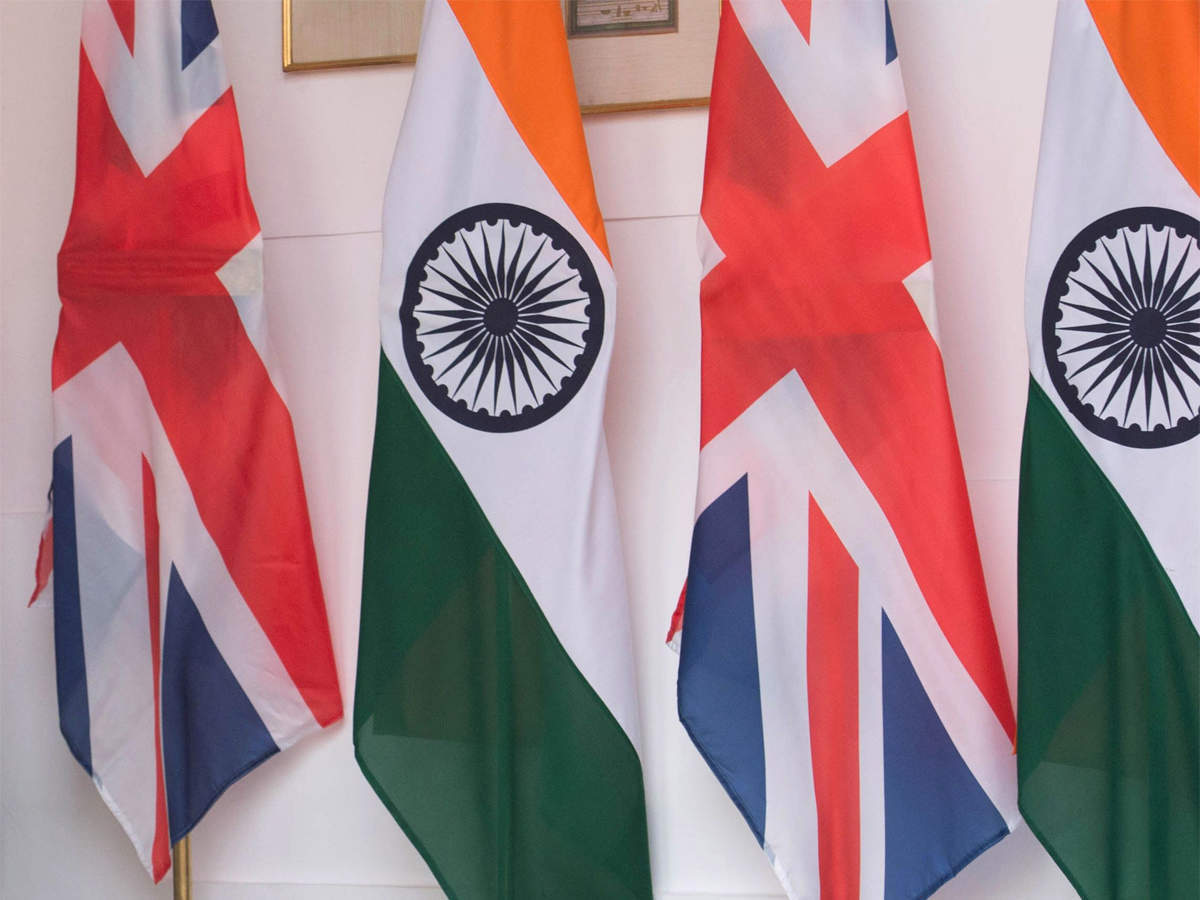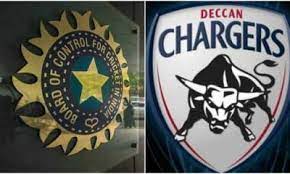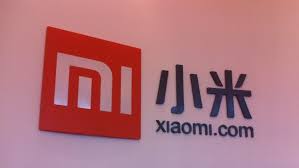PASL Wind Solutions Private Limited v. GE Power Conversion India Private Limited, [Civil Appeal No. 1647 of 2021]
The Supreme Court of India upheld party autonomy and freedom of contract in the case of PASL Wind Solutions Private Limited v. GE Power Conversion India Private Limited, where it observed that the provisions of the Arbitration & Conciliation Act, 1996 (“the Act”) do not prohibit Indian Parties from arbitrating in foreign seats.
The parties in this instant case were both companies incorporated in India. However, the Respondent was a subsidiary of a French company. A settlement agreement was signed by the parties when disputes arose between them. By way of this settlement agreement, the parties agreed to settle disputes that arose by arbitration in Zurich under International Chamber of Commerce (“ICC”) Rules to be governed by the Indian substantive law.
This judgement has clarified the position regarding two important questions. Firstly, the court held that Indian parties are free to choose foreign arbitration seats. And secondly, that interim relief granted in such arbitration proceedings would be enforceable in Indian Courts. Arbitrations where Indian parties choose a foreign seat would not come within the ambit of International Commercial Arbitration under Section 2 (1) of the Act, nor would such an arbitration be against the public policy of India.
K S&Co Comments:
This judgement has settled the position regarding the autonomy of Indian parties to choose a seat of arbitration. An award from such an arbitration proceeding will be enforceable in Indian Courts as a foreign award under Part II of the Act. Indian parties may therefore, choose a foreign seat of arbitration.








Leave a Reply